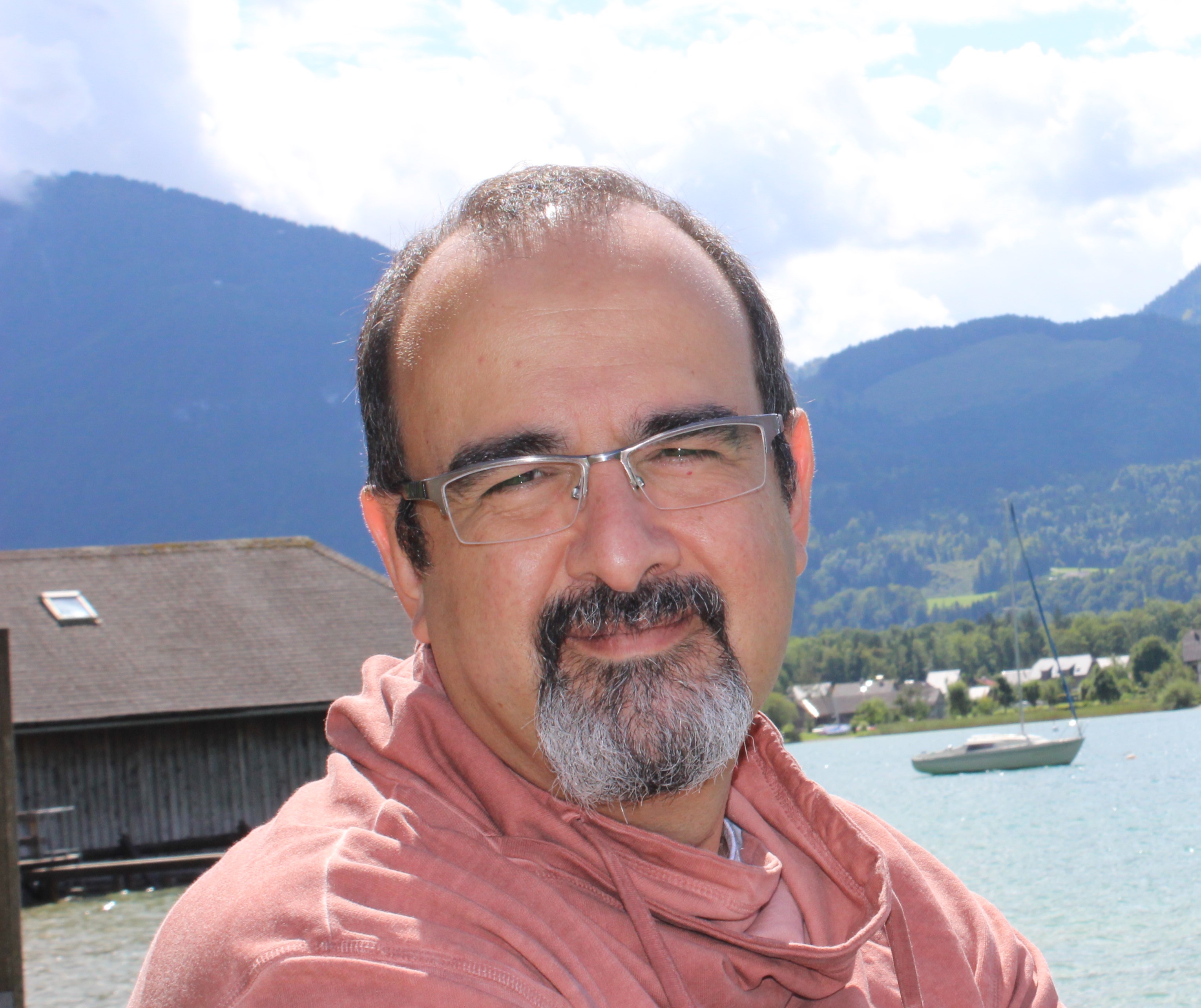Presentation
Welcome by the coordinator of the PhD programme in Political and Social Sciences, Dr Luis Ortíz Gervasi
 The PhD programme in Political and Social Sciences is a part of the UPF Doctoral School and provides graduate students with a training framework to develop a research project and complete a doctoral thesis in the fields of Political Behaviour, Health Inequalities, Survey Methodology and Public Opinion, Government and Administration, Immigration and Cultural Diversity, Comparative Politics, Public Policy, Political and Social Psychology, Sociology and Demography, Family and Gender Studies, Political Theory, Gender and Politics, Environmental Social Science, Political Ecology, and International Studies. Check the list of our academics and their fields of interest.
The PhD programme in Political and Social Sciences is a part of the UPF Doctoral School and provides graduate students with a training framework to develop a research project and complete a doctoral thesis in the fields of Political Behaviour, Health Inequalities, Survey Methodology and Public Opinion, Government and Administration, Immigration and Cultural Diversity, Comparative Politics, Public Policy, Political and Social Psychology, Sociology and Demography, Family and Gender Studies, Political Theory, Gender and Politics, Environmental Social Science, Political Ecology, and International Studies. Check the list of our academics and their fields of interest.
The UPF Department of Political and Social Sciences is an academic community consisting of lecturers, assistants, scholarship holders, associates and doctoral students engaged in research and teaching in the disciplines of political and administrative sciences, sociology, demography and social psychology. It stands out for its strong international focus, its dynamic research, the cross-disciplinary nature of its teaching, the quality of its graduate programme and its support for student mobility. Its heterogeneous staff consists of a balanced mix of permanent lecturers, researchers with ICREA and Ramón y Cajal contracts, visiting lecturers from foreign universities and public-sector professionals who bring their experience to the department as adjunct lecturers.
The PhD programme in Political and Social Sciences is fully adapted to the European Higher Education Area (EHEA) and has adopted the Salzburg Principles for doctoral programmes. To this end, it is considered that:
- The training of future PhDs is a collective endeavour requiring the simultaneous engagement of the department, the doctoral students, and their supervisors or tutors; hence, the importance of promoting group training activities and providing meeting spaces for the programme’s students to interact.
- Doctoral students’ effort, dedication to and involvement in their training are crucial to achieving the programme’s objectives. Full-time enrolment facilitates these aspects.
- Continuous monitoring of doctoral students’ work and the provision of feedback are the best way to ensure they advance in their research and meet the deadlines for completing their theses.
- The general, cross-disciplinary competences acquired through the research process are just as important as, if not more important than, the research results themselves, since they endow researchers with skills that enhance their career prospects in both the job market and academia.
- Internationalization is a positive part of the programme’s added value. This understanding informs decisions regarding the admission of doctoral candidates, the assignment of teaching staff, research stays and the potential co-supervision of theses.
| Duration of the research period | The doctoral thesis must be submitted within fourth academic years of admission, with the possibility of an extension for one additional year |
| Calendar | From September to June |
| Timetable | The training period is from September to July and the training activities take place, in preference, after 3pm |
| Language | English |
| Places | 15 |
| RUCT Code | 5600011 |
| Organization and Contact | Department of Political and Social Sciences |

